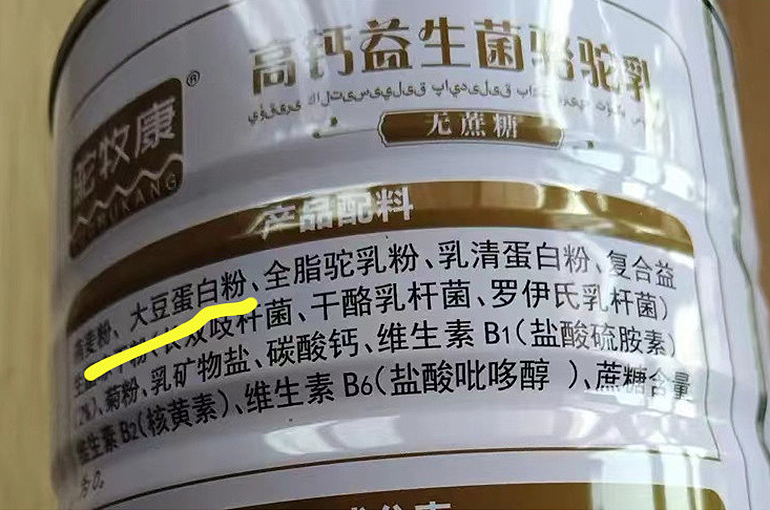 China’s Tighter Standards for Milk Powder Help Regulate Market, But Avoid Medical Property Claims, Insiders Say
China’s Tighter Standards for Milk Powder Help Regulate Market, But Avoid Medical Property Claims, Insiders Say(Yicai) March 14 -- China’s new national standards for modified milk powder, released this week, will better regulate an expanding market as they have made the requirements for ingredients much stricter and the scope has also been broadened to include niche products such as the milk of yaks, donkeys and horses. But they do little to address milk products that claim to have medical properties, insiders said.
The new national standards, which will take effect from February next year, have more detailed requirements on milk composition, such as the minimum amount of active micro-organisms, than the previous one did, the National Health Commission said on March 12. For instance, probiotics will need to have at least 106 colony forming units per gram.
The updating of national standards for milk powder and modified milk powder will help regulate market activities, especially of niche products, Song Liang, an independent dairy sector analyst, told Yicai.
In recent years, unusual products such as camel and donkey milk have become popular as consumers pay more attention to their health. But a lack of standards has led to chaos in the sector. For instance, as competition became stiffer in the last few years, some producers of goat milk powder mixed in cow milk powder to reduce costs, Song said.
Milk powder with specific medical properties, such as improving joint health and boosting immunity, is also a growing area and many Chinese and foreign dairy producers, such as Mengniu Dairy Group, Yili Industrial Group and France’s Danone, are positioning themselves in this segment. But according to Chinese law, food producers are not allowed to claim that their products have medical properties.
“Food categories with specific health properties should be allowed to develop,” Leng Youbin, chairman of the Chinese infant formula maker Feihe, said at the recent Two Sessions, the country’s annual policy meetings, in Beijing.
However, some market insiders said that boldly loosening the supervision and regulation of so-called “properties” of foods will soon lead to new problems.
Editor: Kim Taylor